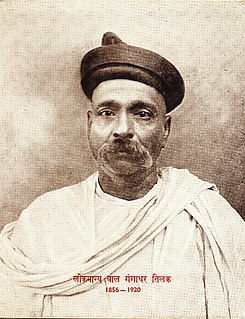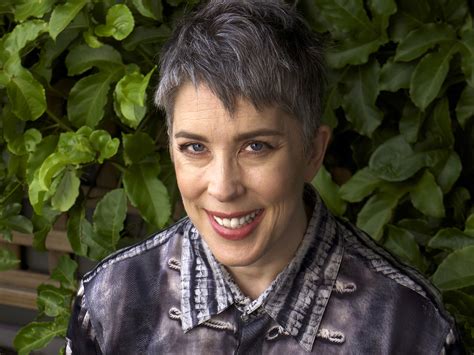A Quote by John Tillotson
With the history of Moses no book in the world, in point of antiquity, can contend.
Related Quotes
What is driving the tendency to discount Joseph Smith's revelations is not that they seem less reasonable than those of Moses; it is that the book containing them is so new. When it comes to prophecy, antiquity breeds authenticity. Events in the distant past, we tend to think, occurred in sacred, mythic time.
Christ remains the most influential figure in history. Any list of world-transforming individuals would no doubt include Moses, Buddha, and Muhammad. Moses, Buddha, and Muhammad, however occupy totally different places in Judaism, Buddhism, and Islam than Christ occupies in Christianity. Moses, Buddha, and Muhammad never professed to perform miracles; indeed they never claimed to be anything more than men. They viewed themselves simply as God's messengers. Christ is the only person in history who has defined a whole religion around his person.
The Quran mentions the story of Moses and Khidr [a prophet mentioned in the Quran who guided Moses on a revelatory journey], a famous story, in which Moses represents sort of the external understanding of the religion and Khidr represents the inner spiritual understanding of the religion. Moses went on a journey with Khidr and Khidr said, "I will not accept you unless you stop questioning things," which from an external point of view seems strange, but inwardly is very meaningful. This is exactly the question of spiritual guidance.
Muslims naturally saw Christendom as their arch rival. One point that is really important to bear in mind, particularly in addressing an American audience, and that is that the Islamic world has a very strong sense of history. In the Muslim world, history is important and their knowledge of history is not always accurate but is very detailed. There is a strong historical sense in the Muslim world, a feeling for the history of Islam from the time of the Prophet until the present day.
I re-read The History of White People by Nell Irvin Painter. It's a book every one should read, particularly Americans, as the USA is her primary focus. Her book demonstrates that white is not universal, that white is not neutral, that it has a history, which she eloquently delineates. It's not often you finish a book understanding how the world operates better than before you read it.
I get letters from two kinds of readers. History buffs, who love to read history and biography for fun, and then kids who want to be writers but who rarely come out and say so in their letters. You can tell by the questions they ask - How did you get your ?rst book published? How long do you spend on a book? So I guess those are the readers that I'm writing for - kids who enjoy that kind of book, because they're interested in history, in other people's lives, in what has happened in the world. I believe that they're the ones who are going to be the movers and shakers.





































